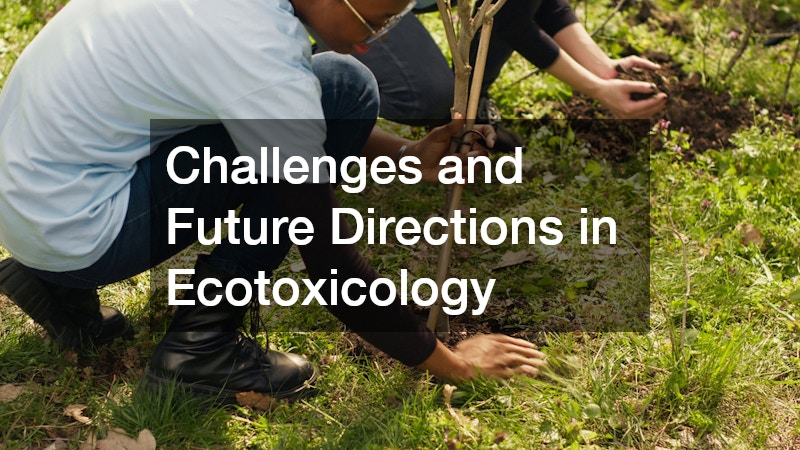Ecotoxicology is a pivotal field of study focusing on the effects of toxic chemicals on biological organisms, particularly within the context of their ecosystems. This branch of science is vital in understanding how various pollutants impact the environment, and consequently, life forms that inhabit these areas. From the smallest microorganisms to the largest mammals, ecotoxicology examines the intricate relationships within ecosystems and the disruptions caused by chemical intrusions.
The Origin and Importance of Ecotoxicology
Ecotoxicology emerged as a distinct discipline in the latter half of the 20th century, responding to the increasing need to understand environmental pollutants. Initially, the study focused on acute toxicity effects, but over time, it has expanded to include sub-lethal and chronic effects, which are more challenging to assess. Understanding these impacts is crucial as they can lead to biodiversity loss, endangered species, and the disruption of ecological balances.
The significance of ecotoxicology lies in its ability to inform policy decisions and public health initiatives. By identifying hazardous substances and their concentrations, scientists can recommend regulatory limits and preventive measures. This is particularly important in creating frameworks for safe chemical usage, thereby protecting both the environment and human health from potential harm.
Furthermore, ecotoxicology provides insights into the resilience and adaptability of ecosystems. Through extensive research, ecotoxicologists assess the ability of different environments to recover from contamination. This knowledge is essential for developing effective remediation strategies and ensuring sustainable development practices across the globe.
Methodologies in Ecotoxicological Research
Ecotoxicological research employs a wide range of methodologies to assess the impact of pollutants. Laboratory experiments often serve as the starting point, where scientists examine the effects of chemicals on various organisms under controlled conditions. This approach allows researchers to isolate variables and obtain precise data about specific chemical impacts.
Field studies complement laboratory work by providing insights into real-world conditions. These studies consider the complex interactions within ecosystems, which are often challenging to replicate in the laboratory. By observing organisms in their natural habitats, researchers gather data on the cumulative and synergistic effects of multiple stressors, offering a more comprehensive understanding of ecological impacts.
Moreover, advances in technology have facilitated sophisticated modeling techniques in ecotoxicology. These models simulate environmental conditions and predict the potential spread and effects of pollutants over time. By integrating data from various sources, ecotoxicologists can make informed predictions about future environmental scenarios, aiding in proactive environmental management planning.
Challenges and Future Directions in Ecotoxicology
Despite advances in ecotoxicology, the field faces several challenges, particularly concerning the complexity and variability of ecosystems. One major obstacle is the difficulty of extrapolating laboratory findings to entire ecosystems, where countless factors interact in unpredictable ways. As such, ecotoxicologists must continually refine their models and methodologies to accommodate the dynamic nature of ecological systems.
Another challenge is the emerging threat posed by novel chemicals, such as pharmaceuticals and nanoparticles, which can be significantly more complex than traditional pollutants. These substances often have unique properties and mechanisms that are not yet fully understood, necessitating ongoing research and adaptation of ecotoxicological methods. The ability to swiftly identify and assess new hazards is crucial for proactive environmental protection.
Looking forward, the integration of ecotoxicology with other scientific disciplines represents a promising avenue for advancing the field. Collaboration with genomics, for instance, can unveil the molecular and genetic bases of organismal responses to contaminants. Such interdisciplinary approaches will enhance our understanding of pollution impacts and foster the development of innovative solutions to safeguard environmental health.



